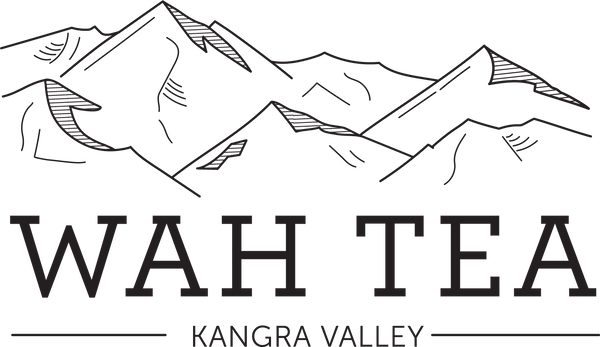Our Story
Decades of Tea Tradition
I come from a family of tea planters. For as far back as I can remember, my childhood includes acres of green bushes, visits to the tea factories, and lots of discussions around – and with – tea.
I grew up accustomed to the taste of chai, often drinking more cups of orthodox tea than water! Over time, my extended family has owned gardens in Darjeeling, Assam, Dooars and of course, Himachal Pradesh.
Wah Tea Estate, set in the gorgeously picturesque valley of Palampur, Himachal Pradesh, was a favorite place of mine growing up. Now, I am a fourth generation planter and personally look into the entire manufacturing process. I live in Palampur, and this means that all my time and effort is spent in creating perfect cups of tea for my friends and supporters, instead of directing the process from afar.
Many companies and brands have been built around tea. But I was disappointed to realize that none were TRULY garden to cup. Some cut out middlemen, but I wanted to be able to ensure that our best quality tea goes directly from our estate to your home. Just as it holds for many things, nothing compares to a single-estate tea looked into personally by the owners. I also wanted to begin taking steps towards making Wah Tea a sustainable brand.
To the many, many people who encouraged me to share my story, and my passion for the beverage – Thank You.
And to all those who are considering believing in our brand and ideals – Welcome.
Good things are brewing!
- Surya
